|
 ILLUSTRATION BY SALLY DENG | |||
| The December holidays are now in full swing. For many, the season is intimately associated with food—special food for special traditions. (“Feast day” is, appropriately, almost a generic term for holiday in the Catholic tradition.) That food is usually shared with family and friends, whom many of us will miss in holiday celebrations this year. But even so, this month’s downgraded feasts can give us comfort and continuity—understandable cravings in 2020.
But their argument is an interesting and powerful one. And even if you’re not naturally inclined to click on stories of animal abuse, you may find material that grabs your attention: Gabriel and Jan look at the history and evolution of sex laws (starting with some deeply weird statutes from the Colonial period!), alongside the history and evolution of profit margins in modern farming. Artificial insemination, they argue, “is a clinical and detached term for a practice that involves invasive and sustained bodily contact between humans and animals,” and “the legal distinction between artificial insemination and bestiality was not a foregone conclusion,” but rather the product of sustained lobbying from Big Agriculture. —Heather Souvaine Horn, deputy editor | |||
| Advertising  | |||
 | |||
 | |||
| A new paper in Science suggests the Biden administration could take advantage of the natural senescence of a lot of the nation’s current fossil fuel infrastructure for a smoother transition off fossil fuels: If a generator is already close to the end of its lifespan—as many are—phasing it out won’t mean “stranding an asset,” i.e., needing to engage in elaborate legal and financial machinations to compensate the company, it argues. | |||
 | |||
| Activists have lost the battle over the natural gas compressor station in Weymouth, Massachusetts, that went online this week as part of a pipeline network from Ohio to Maine. | |||
 | |||
 | |||
| That's how many car sales would need to be battery-powered cars by 2030, according to new research on what it would take to reach net-zero emissions by 2050. | |||
 | |||
| Who Will Save the Slender Yoke-Moss? | |||
| Hakai Magazine has a beautiful and self-consciously indulgent piece on a type of “thoroughly forgettable moss” at risk of extinction in British Columbia:
| |||
| Sabrina Imbler | Hakai Magazine | |||
| Advertising  | |||
 | |||
| Support Independent, Issue-Driven Journalism | |||
| | |||
| Copyright © 2020, The New Republic, All rights reserved. | |||
